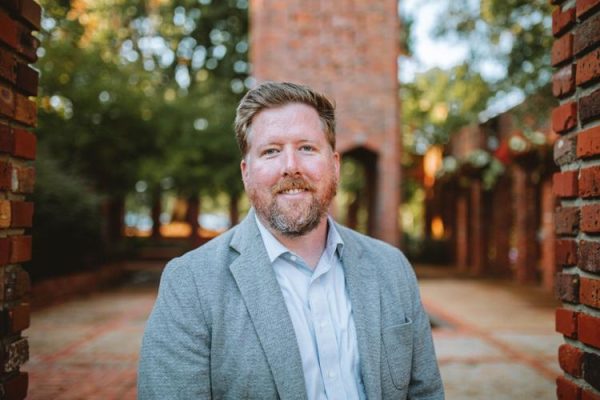Examples of bombings, murders and other acts of religion-inspired violence are brought to us daily through print and broadcast media outlets. Our news stories are filled with instances of “Islamic extremists” taking life in the name of religion. Wars are fought over misinterpretation and abuse of religious doctrine. Stories of suicide bombers taking the lives of innocent people and hundreds dying each year in religion-sparked skirmishes are the most appalling examples of exploitation of religious principles.
More subtle illustrations of misuse of religion can be spotted when we look closer to home.
The Rev. Arthur Allen Jr. and four of his accomplices were recently sentenced to prison after being convicted of beating children last year in the small Atlanta church Allen pastored. He and four churchgoers were arrested after restraining and beating a 7-year-old and a 10-year-old.
Allen, of course, defended himself with quotes from the Bible and stated that certain circumstances demanded a child receive a “meaningful whipping.” What Allen and his sympathizers fail to realize is that by practicing their “spare the rod” philosophy, they use the same religious justification that terrorists use.
It is hard to imagine the kind of humiliation a 10-year-old boy must feel while being suspended in the air and beaten by men who are not his parents, under the supervision of the most imposing religious figure in his life. What happened to these children will surely create a lasting influence on them.
In Allen’s reasoning, the children will be dissuaded from misbehaving in the future. Allen is probably accurate in his theorizing that the beating and public humiliation of children will dissuade them from misbehaving. However, the prevention of misbehavior will come at the cost of the child living in fear of his or her parents and religious influences.
The children involved in the beating will also be influenced by the abundance of media coverage the incident received since it occurred and the jailing of their parents, who received short jail sentences for bringing the children to the church to be beaten.
Perhaps the most disgraceful act committed by Allen was his misuse of power as the minister of a church. The head of church is, for many people, someone who offers sound advice and exemplary behavior.
It is impossible to estimated the number of beatings that Allen has overseen and the number of parents and children he has influenced in his 35 years as head of the House of Prayer. His misrepresentation of what is meant to teach kindness and benevolence is sickening and reflects the true capacity for ignorance in any religious setting.
Our justice system can be commended for bringing to light such offenses. Although the prison sentences are relatively light-Allen receiving the most jail time at 90 days and an $8,000 fine-they are being punished for child abuse-a crime unacceptable in any religion.
Josh Foreman is a junior communication major.
Religious extremists exist in many different faiths
About the Contributor

Josh Foreman, Faculty Adviser
Josh Foreman served as the Editor-in-Chief of The Reflector from 2004 to 2005.
He holds an MFA in Writing from the University of New Hampshire, and has written six books of narrative history with Ryan Starrett.
[email protected]
Donate to The Reflector
Your donation will support the student journalists of Mississippi State University. Your contribution will allow us to purchase equipment and cover our annual website hosting costs.























































































